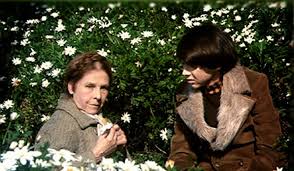
Published in 1609, Shakespeare’s sonnets use conventional form while exploding 200 years of tradition in terms of content. Before Shakespeare, sonnets were invariably addressed to a woman, unobtainable and worshiped from afar. While 25 are addressed to a woman (‘The Dark Lady’) she is presented unconventionally and is by no means unobtainable. However, the greatest sequence of poems, the first 126 sonnets, are addressed to a young man (known as ‘ Fair Youth’) as here, in sonnet 29.
To briefly summarise the content of the poem in modern English, the speaker is filled with shame and despair, comparing himself unfavourably to others – until he thinks of his lover in the final lines of the poem. So valuable to him is this ‘sweet love remembered’ that his self-hatred falls away – he would not change places with a King.
Where are life’s real riches to be found? In the final lines the speaker turns his gaze on his beloved and the question is answered.
So innovative are the sonnets I rather think Shakespeare would approve of a further innovation. Here, the brilliant singer songwriter Rufus Wainwright sings the sonnet, his mesmerising voice ascending with the lines of Shakespeare’s verse to a crescendo before delivering the final famous conclusion in a touchingly quiet state of wonder.
Wonder and mystery have always accompanied Shakespeare’s poetry – who is the Mr. W. H. to whom the poems are dedicated? There are many theories…but finally we are left with the work – riches enough.
Sonnet 29:
When, in disgrace with fortune and men’s eyes,
I all alone beweep my outcast state,
And trouble deaf heaven with my bootless cries,
And look upon myself and curse my fate,
Wishing me like to one more rich in hope,
Featured like him, like him with friends possessed,
Desiring this man’s art and that man’s scope,
With what I most enjoy contented least;
Yet in these thoughts myself almost despising,
Haply I think on thee, and then my state,
(Like to the lark at break of day arising
From sullen earth) sings hymns at heaven’s gate;
For thy sweet love remembered such wealth brings
That then I scorn to change my state with kings.


